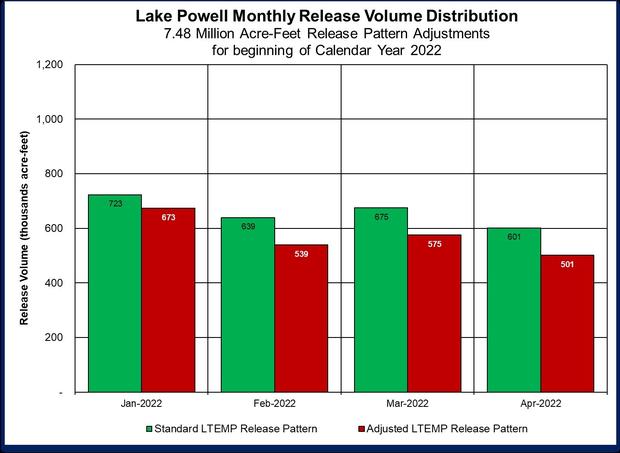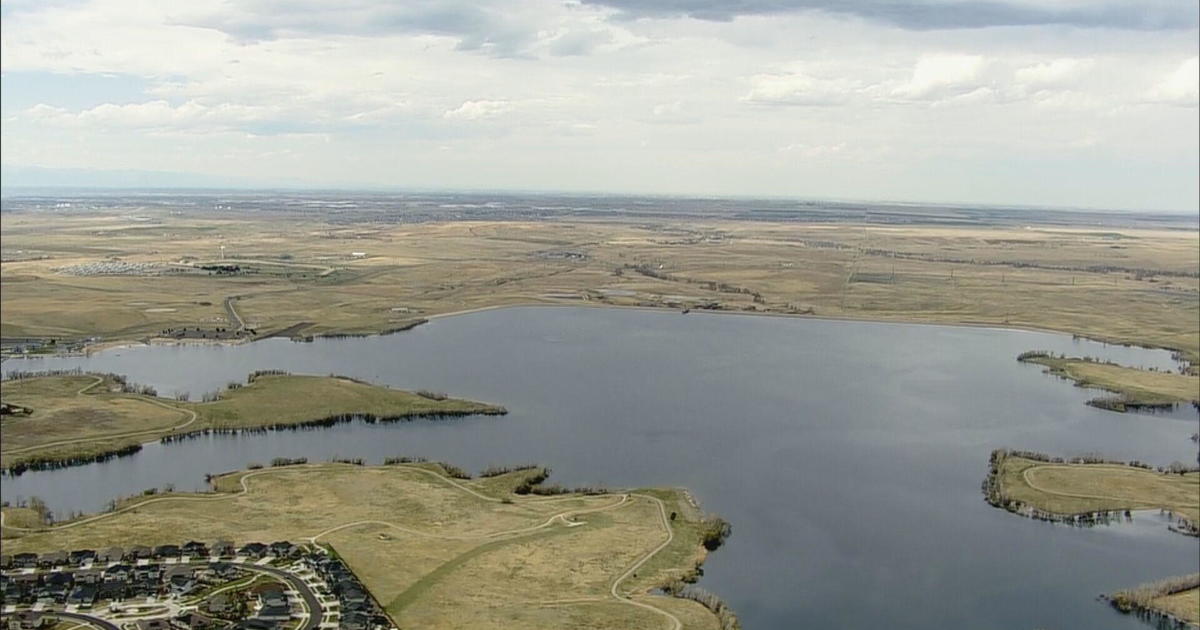Outflow At Lake Powell Reduced As Reservoir's Water Level Drops Closer To Critical Stage
(CBS4) -- The U.S. Bureau of Reclamation announced Friday a planned reduction in the amount of water released from Lake Powell as low amounts of water come into it during the winter months.
The lake's water surface on Wednesday measured just 11 feet above "target elevation," the stage at which the level of the water is deemed critically low. It is essentially a 35-foot buffer. The reservoir's minimum power pool elevation is 3,490 feet.
At that mark, the low water level risks allowing air into turbines and other power generating equipment inside the Glen Canyon Dam at Powell's southwestern end. That air can damage the equipment and impact the amount of electricity sent to surrounding states.
Essentially, Lake Powell's decreasing water levels can result in an energy shortage in addition to a water shortage.
The latest projections, reached by the USBR from data measured last month, suggest the water level may drop into that critical stage as early as next month.
The new reductions started Jan. 1 and will continue through April, the winter months during which incoming flows to the reservoir are at their lowest. The monthly volume of water released from the Glen Canyon Dam is being reduced by 350,000 acre-feet every month.
RELATED Drawing Down The Blue Mesa To Help The Dry West
USBR officials plan to increase the release of water by that same amount from June to September, after spring runoff makes its way down the Colorado River from the mountains and lakes of southwestern Wyoming, eastern Utah, and Colorado's Western Slope.
"Under the Drought Response Operations Agreement, making these monthly operational adjustments at Glen Canyon Dam is essential to protect Lake Powell from dropping to critically low elevation levels in the weeks and months ahead," said Reclamation's Upper Colorado River Basin Regional Director Wayne Pullan. "Although the basin had substantial snowstorms in December, we don't know what lies ahead and must do all we can now to protect Lake Powell's elevation."
RELATED California, Arizona, Nevada Volunteer To Take Less Water From Colorado River
Additional changes to the modified release schedule may be necessary in the near future, the USBR advised in its press release.





